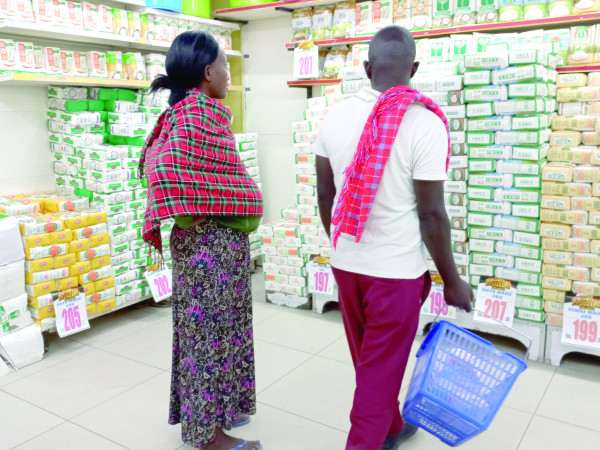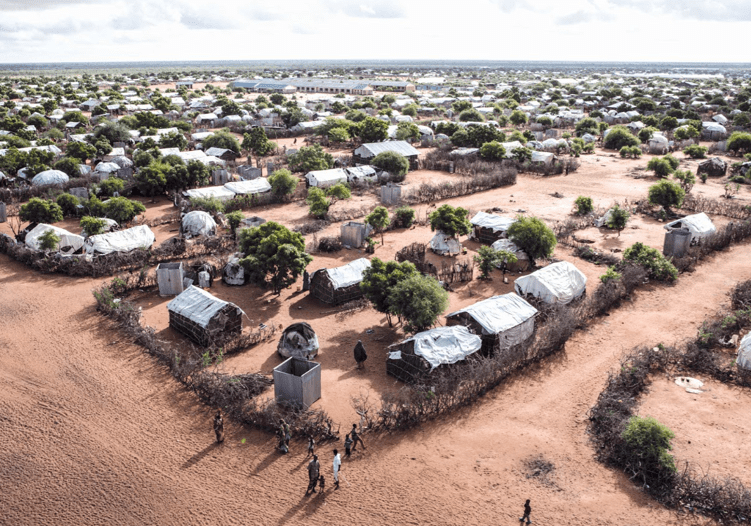No merry Christmas: Kenyans to spend less due to inflation

Kenyans are expected to spend less money this Christmas season signalling less festivities compared to last year, a study has revealed.
According to World Remit, the amount Kenyan families will spend over Christmas is expected to reduce by 17 per cent, compared to last year.
The period is usually renowned for celebrations and merry making with many people traveling upcountry to be with their loved ones. This means that with a dip in spending, Kenyans should expect less merry making this Christmas.
The average spending on Christmas is, however, expected to be 165 percent of the country’s average monthly income, highlighting the high costs associated with celebrations.
High cost of living
Across the 14 countries observed in both 2021 and 2022 studies, the increase in the cost of Christmas was in part attributed to a rise in the amount of money allocated towards food over the holidays.
“This consistent increase in the price of food … means families globally will likely need to shift their budget planning to accommodate for the increased costs of holiday meals,” reads the report in part.
The report which comes at a time when the cost of living in the country is uncomfortably high having risen consecutively for the last eight months says the Christmas items were selected based on desk research of typical Christmas meals, gifts and decorations.
For Kenya, the situation is made worse after the removal of food and fuel subsidies, which the government termed as unsustainable.
Low X-mass standards
Kenya National Bureau of Statistics data shows that the cost of living hit 9.2 per cent in the month of October mostly due to an increase in the cost of food, fuel and electricity.
October marked the third month in a row inflation has crossed the government’s desired upper limit of 7.5 per cent.
Now in its second year and covering 23 countries globally, the WorldRemit Cost of Christmas Study observes how the changing macroeconomic environment affects the cost of standard Christmas elements, including the main holiday meal, average gift spending and decor.
The 2022 study shows that families around the world can expect to spend up to 156 percent of their monthly income on Christmas. With unique traditions, gift giving ideas, and seasonal meals in every region, the global landscape sees a wide diversity of costs associated with the holiday season. Cameroon, Lebanon, and Rwanda will spend the highest percentages of their income on holiday celebrations this year.
Cost of food and goods
The study compares the average cost of food, gifts, and decor to average household incomes to determine the season’s financial impact on families around the world.
At the moment, many Kenyans especially in the Northern parts of the country, are facing famine brought about by drought that has persisted over the last four years. Kenya Red Cross estimates that 3.1 million people in Arid and Semi-Arid Areas of the country are severely food insecure with half a million of these requiring immediate assistance to survive.
Last week, Trade Cabinet Secretary, Moses Kuria, said the country will over the next six months allow importation of 10 million bags of genetically modified maize to deal with the ongoing food crisis.
“We have taken deliberate decisions to improve the current dire food situation in the country. We have decided to allow the importation of GMO maize into the country until the food situation improves,” CS Kuria said.













